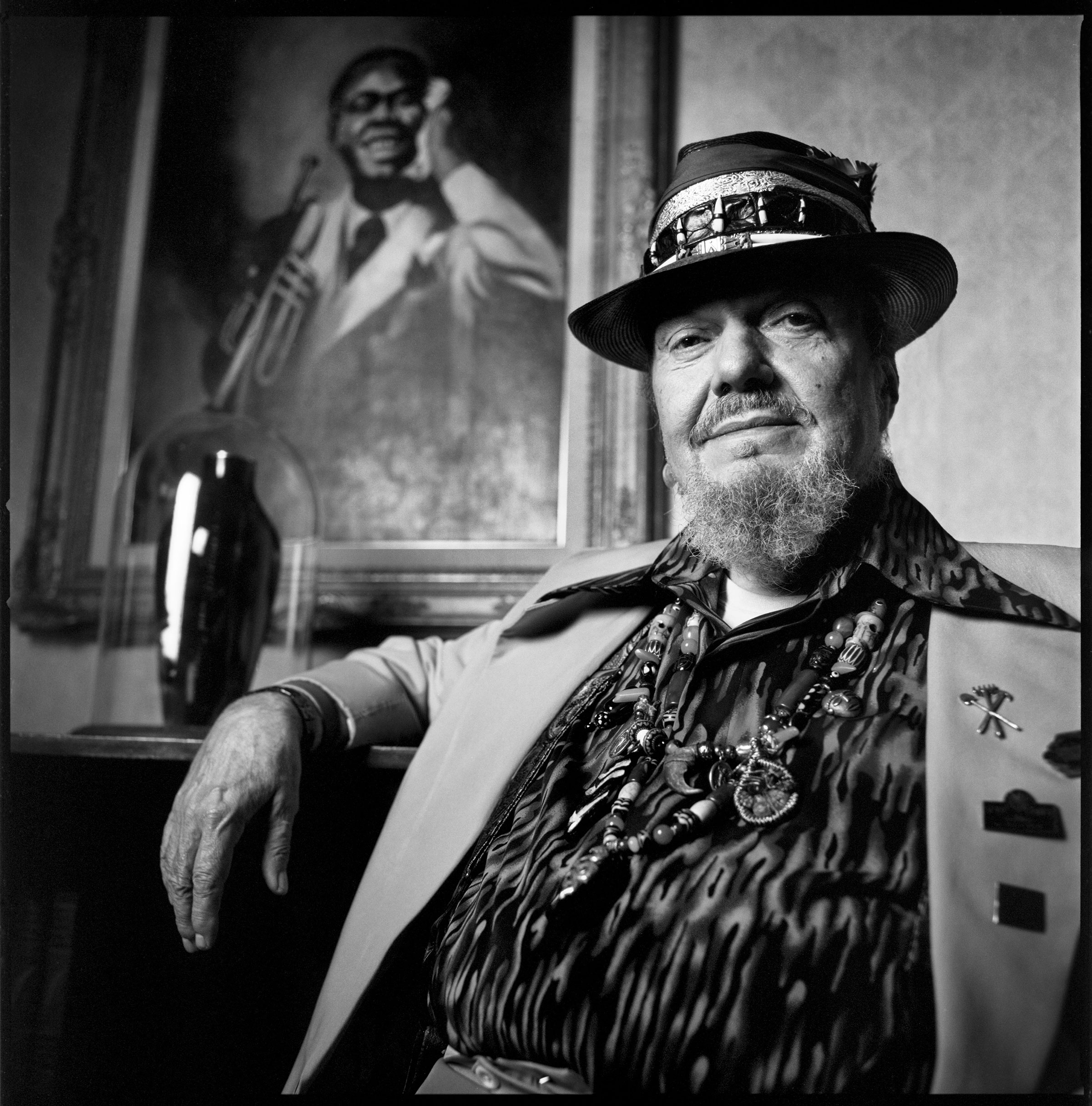
Like so many musicians from New Orleans, Malcolm John Rebennack Jr.–known as Dr. John–played music for the pure love of it. That love allowed him to be himself. I first encountered him when I was on tour in Japan in the 1980s; he was doing a double bill with the Neville Brothers, and when we saw those guys, it was almost like we were back home.
Mac was a sweetheart, and when I would see him, we’d talk about New Orleans and the things New Orleanians talk about, which is mostly food and parties. He loved to cook, and I remember he told me how good possum was. I said, “Mac, I haven’t made that journey yet,” and he said, “Possum is some good eating, man.” It broke my heart to hear that he passed away, on June 6 at age 77, because he was such a typical illustration of what it means to be from the city: he was a combination of Cajun, blues and jazz–a little of everything, and you can hear it in the way he played piano, in the bluesy style of how he sang. He created music that touched people around the world, but he didn’t allow the world to change who he was. Throughout his life, he was always the guy who carried the culture and spirit of the city wherever he went.
Dr. John, along with Professor Longhair, created a sound that is uniquely associated with the history of New Orleans. Whenever you start to think about that city, those are the names that will pop into your head.
More Must-Reads from TIME
- How Donald Trump Won
- The Best Inventions of 2024
- Why Sleep Is the Key to Living Longer
- Robert Zemeckis Just Wants to Move You
- How to Break 8 Toxic Communication Habits
- Nicola Coughlan Bet on Herself—And Won
- Why Vinegar Is So Good for You
- Meet TIME's Newest Class of Next Generation Leaders
Contact us at letters@time.com